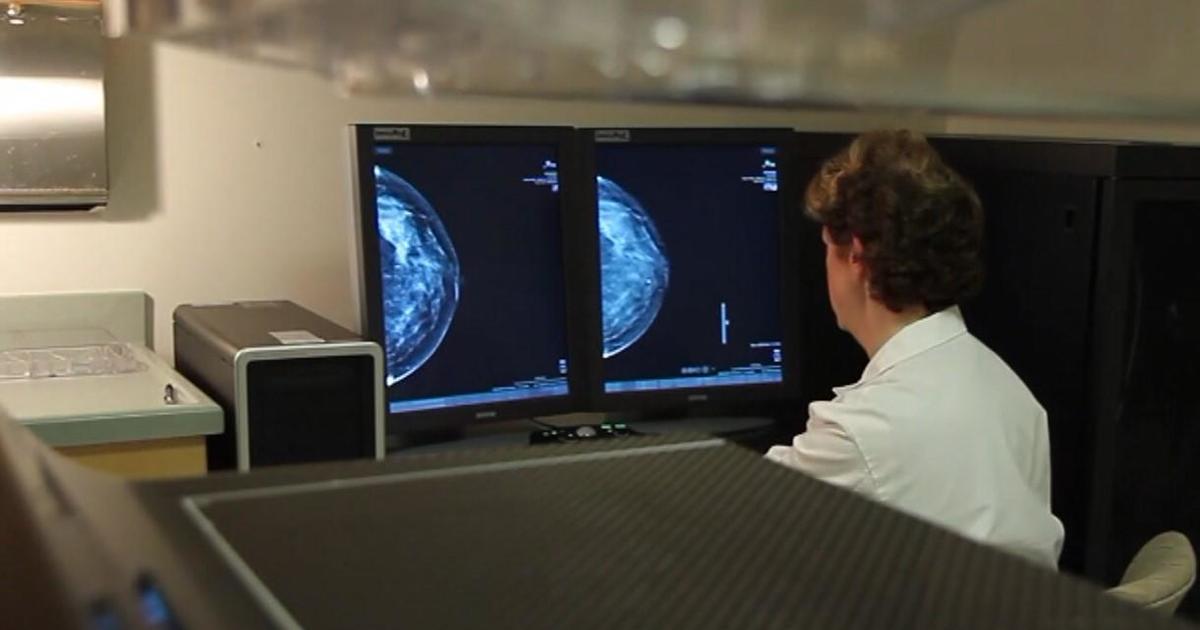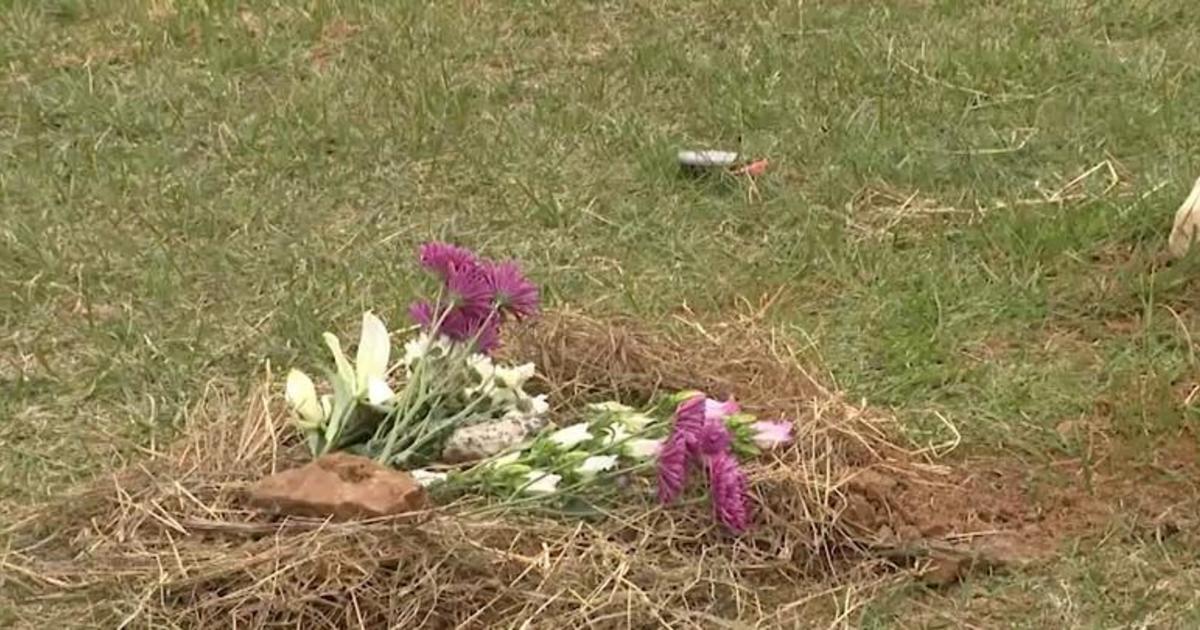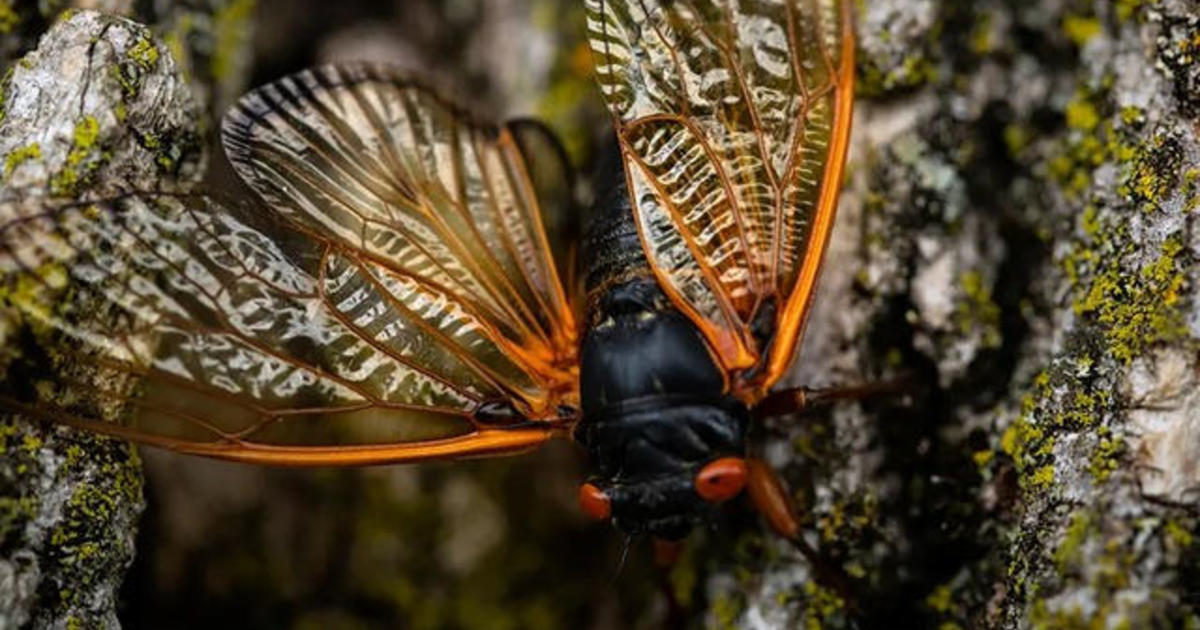Baltimore County's Pollution Detectives Work To Keep Waterways Clean
BALTIMORE COUNTY, Md. (WJZ) -- When Megan Brosh starts her day at work, she never knows what to expect. That's because she's a Baltimore County Pollution Detective.
In Baltimore County, their motto is: "only rain goes down the drain." But sometimes, that isn't the case.
It's why the County has Megan and three others - officially, Natural Resource Specialists. It's their job to investigate the pollution and what's causing it.
"We get ready and go out, investigate and search it out," said Brosh in an interview Friday with WJZ.
On any given day, her offices receive calls from residents reporting of pollution in local waterways.
Why that's an issue, Bosh says, is because anything polluting the water is going to eventually flow into the city's drinking supply.
One investigation started in 2017 when Barbara Johnson from Blue Water Baltimore visited the Gwynns Falls stream and says she could immediately tell something was wrong.
"We noticed that the water was discolored and had a foul smell," Johnson said.
Brosh went to the stream to investigate.
She says she had to walk through the woods upstream in order to find the source of the pollution. She eventually found a manhole that had been sheered off and sewage was pouring out of it.
About 200 gallons of sewage flowed directly into the stream.
"Not only is that a problem for the fish and bugs that live in the stream or anything that drinks the water, it's a problem for anyone coming In contact with the water…dogs and kids," Bosh said.
Once Brosh figured out the source, she called the Public Works Emergency Sewer SErvice who arrived immediately and stopped the sewage leak within hours.
She says she has found pollution in storm drains also - all thanks to residents seeing or smelling something that wasn't right and reporting it to the County's Department of Environment Protection.
Their offices also accept pollution reports over the phone at 410-887-5683 between 7:30 in the morning and 3:30 in the afternoon.
Each year, Brosh says her offices receive nearly 200 pollution reports and their team of four investigate every single one.
"I think that if people see something weird, they may not know what it is but they still have resources to report it," said Johnson.
Johnson is part of a team that visits twenty-seven sites around the County to test the water quality.
But she insists that you don't have to be a scientist to take an interest in the local waterways.
"I think that it's important that people feel connected to their streams," Johnson said.



